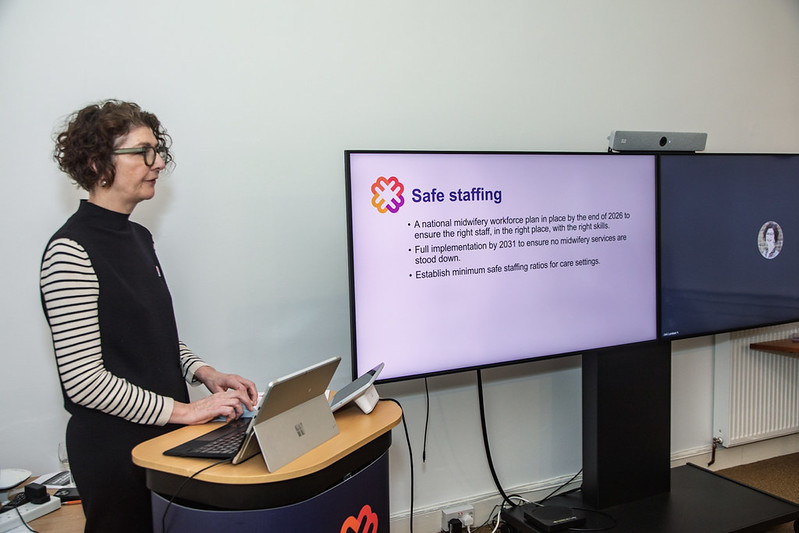The Medicines & Healthcare products Regulatory Agency (MHRA) has released new regulation on Valproate treatment which midwives can use to ensure the safety of pregnant women who take the drug. This followed an earlier alert in November 2023 for all organisations in preparations to the new safety measures.
The new regulation focusses on the prevention of harm. Midwives are reminded of their responsibility to women taking sodium valproate.
- Midwives must urgently refer any pregnant woman taking Valproate for an obstetric assessment and review.
- Regardless of the reason, if the women has been on Valproate during their pregnancy, midwives should ensure they are referred for counselling and a pre-birth discussion with neonatologists has been arranged.
The MRHA has also released new prescribing information and updated its education material.
The MHRA regulations state that sodium valproate is not to be prescribed to any women under the age of 55 who are not already taking it, except in exceptional circumstances. Any pregnant woman already taking Valproate should be advised not to stop taking the medication, but instead should be referred to a specialist for a new treatment plan.
Valproate is licensed for use only in the treatment of epilepsy and bipolar disorder as it carries significant risk of birth defects and developmental disorders in children born to women who take the drug in pregnancy. Midwives must make sure that, alongside other drugs used to treat epilepsy, they are enrolled in UK Epilepsy pregnancy register.
Commenting on the new regulation, Birte Harlev-Lam, Executive Director Midwife at the Royal College of Midwives said:
“This builds on the recent MHRA publication regarding Sodium Valproate in pregnancy. It’s good that the MHRA has updated the regulations, giving midwives a steer on how to support pregnant women who take the drug and their families. This is something the RCM has been pushing for, and midwives will now be able to use a host of updated educational material and guidance so that they can ensure women are being cared for by the multidisciplinary team.”
The full guidance and updated materials can be found here.

